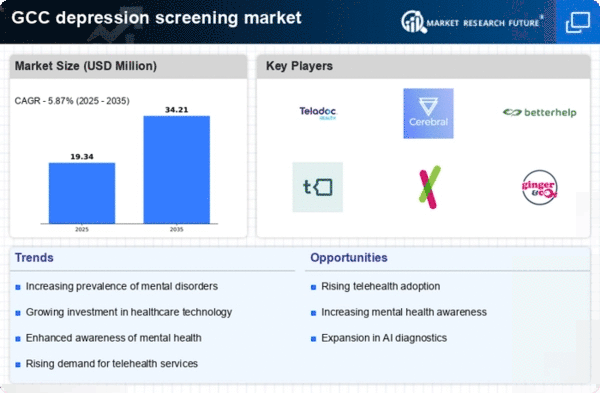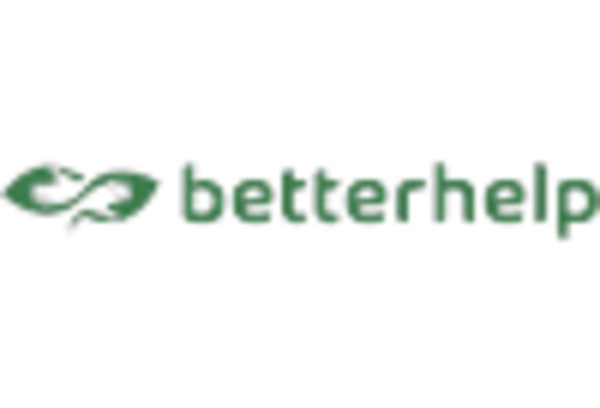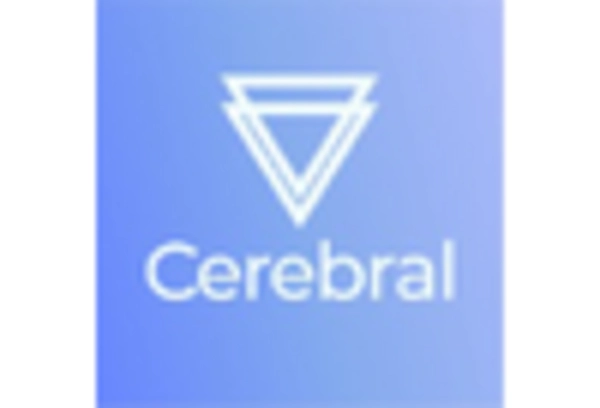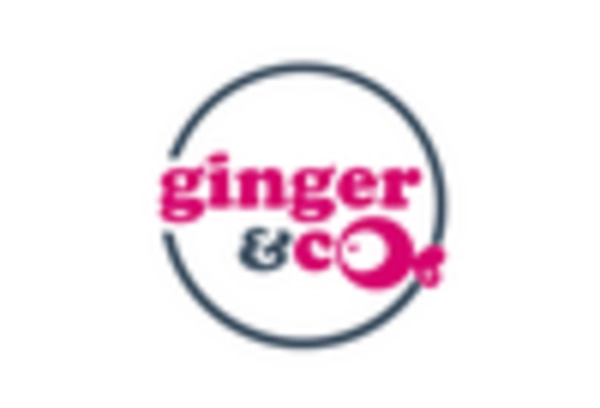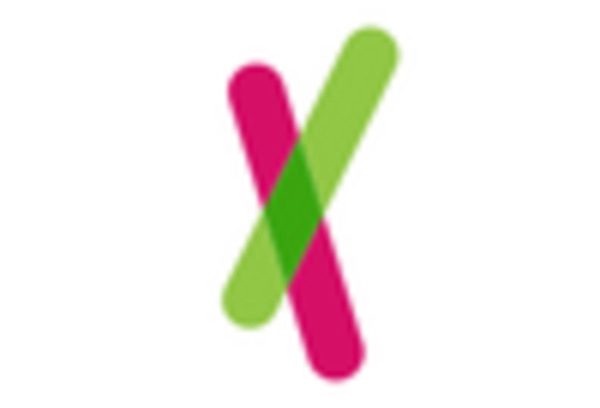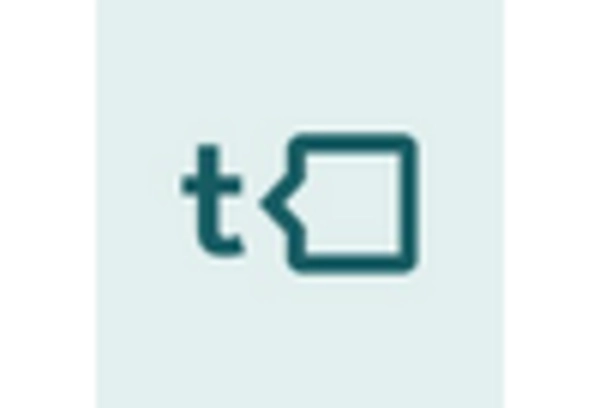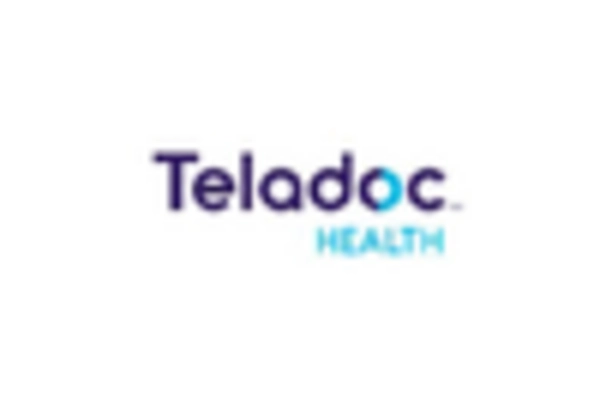Government Funding and Support
Government funding and support for mental health initiatives are crucial drivers of the depression screening-mental-health market. In the GCC, various governments have allocated substantial budgets to improve mental health services, with investments reaching upwards of $500 million annually. This financial backing enables the development of comprehensive screening programs and the establishment of mental health facilities. Furthermore, government initiatives aimed at training healthcare professionals in mental health care are likely to enhance the quality of services provided. As a result, the market is poised for growth, driven by increased accessibility and improved service delivery.
Rising Mental Health Awareness
The increasing awareness surrounding mental health issues in the GCC region is a pivotal driver for the depression screening-mental-health market. Public campaigns and educational programs have been instrumental in destigmatizing mental health conditions, leading to a greater willingness among individuals to seek help. According to recent surveys, approximately 60% of the population now recognizes the importance of mental health, which has resulted in a surge in demand for screening services. This heightened awareness is likely to propel the market forward, as more individuals are encouraged to undergo depression screening, thereby enhancing early detection and treatment options.
Cultural Shifts Towards Mental Health
Cultural shifts towards recognizing and addressing mental health issues are significantly influencing the depression screening-mental-health market. In the GCC, traditional views on mental health are gradually evolving, with more individuals acknowledging the importance of mental well-being. This shift is reflected in the rising number of people seeking professional help, with estimates suggesting a 25% increase in consultations over the past few years. As societal norms continue to change, the demand for depression screening services is expected to rise, fostering a more supportive environment for individuals experiencing mental health challenges.
Integration of Digital Health Solutions
The integration of digital health solutions is transforming the landscape of the depression screening-mental-health market. Telehealth services and mobile applications are becoming increasingly popular, providing accessible and convenient options for individuals seeking mental health support. In the GCC, the adoption of telemedicine has seen a growth rate of over 30% in recent years, facilitating remote consultations and screenings. This trend not only expands the reach of mental health services but also caters to the needs of a tech-savvy population. As digital solutions continue to evolve, they are expected to play a crucial role in enhancing the efficiency and effectiveness of depression screening.
Collaboration Between Healthcare Providers
Collaboration between healthcare providers is emerging as a vital driver in the depression screening-mental-health market. Partnerships among hospitals, clinics, and mental health organizations are facilitating a more integrated approach to mental health care. In the GCC, such collaborations have led to the establishment of multidisciplinary teams that focus on comprehensive patient care. This approach not only enhances the quality of depression screening but also ensures that individuals receive holistic treatment. As these collaborative efforts expand, they are likely to improve patient outcomes and increase the overall effectiveness of mental health services.


